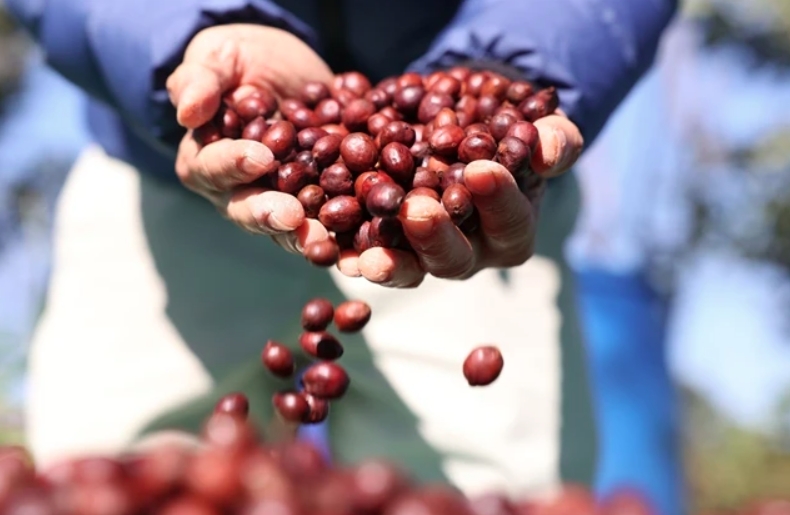Vietnam, Netherlands amp up cooperation in final stretch for EU deforestation regulation
Experts believe that European Union’s Regulation on Deforestation-free Products (EUDR) compliance will not only elevate export standards but also provide an opportunity to transform Vietnam’s agriculture, making it more sustainable and transparent, and aligning it with the country’s international commitments to green growth.
This topic was the centre of discussion at a technical meeting on EUDR, held jointly by the Ministry of Agriculture and Rural Development (MARD) and the Netherlands Embassy in Vietnam.
The event was organised at a pivotal time as the EUDR will come into force in less than three months, on December 30, 2024. Vietnam’s key exports, such as coffee, rubber, and wood products, will be subject to the regulations.
Vietnam is the world’s second-largest coffee producer, and the largest in terms of Robusta coffee production.
The Netherlands, due to its geographical location, serves as a primary gateway for Vietnamese coffee into Europe. Vietnam and the Netherlands have also been strategic partners in sustainable agriculture for the past decade.
In his address at the meeting, Julius Seinen, EUDR Implementation Lead of the Dutch Ministry of Agriculture, Fisheries, Food Security and Nature, underscored the alignment of EUDR with the ministry’s international strategy, as the Netherlands focuses on transitioning towards a sustainable food system, with the Paris and Montreal agreements on climate change and biodiversity playing an important role.
“I am glad that since the publication of the EUDR, Vietnam has worked very hard to meet the new requirements set out by the EU,” said Seinen.
“Vietnam has taken a leading role in bringing together different stakeholders and actively engaging with them to address the underlying issues.”
Rui Ludovino, First Counsellor of the EU Delegation to Vietnam, said: “We have been working quite intensively with our Vietnamese partners to facilitate communication and dialogue around the EUDR.
“At the government, central, and local levels, as well as with all Vietnamese stakeholders, including business associations of commodities, the engagement has been very welcoming and positive regarding the implementation of the EUDR.”
The regulation is expected to raise concerns not only for businesses and producers but also for consumers, as high compliance costs will affect commodity prices, according to Nguyen Do Anh Tuan, Director General of the MARD’s International Cooperation Department.
“We have to work to keep prices at an acceptable level while ensuring revenue, and to give consumers peace of mind when they use Vietnamese coffee products,” he added.
Industry experts and officials at the event also discussed the measures taken for EUDR compliance, the necessary tasks to be completed before the regulation’s effective date, and addressed concerns from business representatives.


